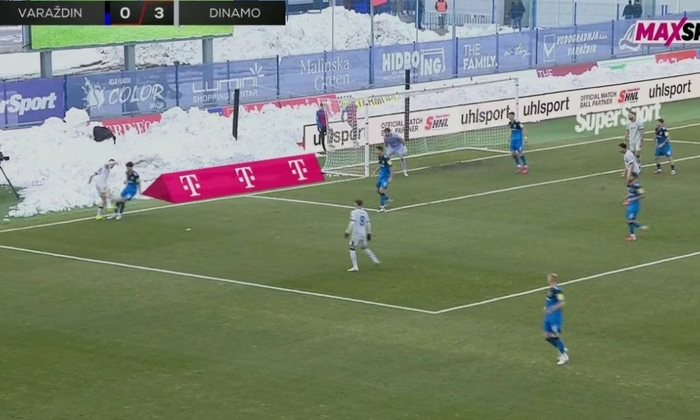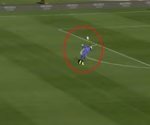Experts agree: Hamas-Israel conflict not likely to turn into 'war of all wars'

Bosko Jaksic, foreign policy expert, said that the latest Middle East conflict is defined by one detail, which is – it cannot be solved either by weapon or negotiations.
Speaking in N1's Pressing show via video link from Belgrade, Jaksic was asked if he feared this might be the “war of all wars”, and he answered he was more afraid this could be a part of the routine that existed there for years but “much more dramatic and more catastrophic in terms of victims.”
“The Middle East and this conflict have been defined by one thing for decades. It cannot be solved by weapon or negotiations,” he said.
According to him, the start of the talks and introduction into a possible agreement is in the negotiations on hostages.
“Israel declared the state of war for the first time in more than seven decades. The first time since 1948 when the State of Israel was declared. The first time since the war with Egypt in 1973,” he recalled, adding that this was also the first time after the years of shelling of Israel from Gaza that Hamas decided to invade Israel by land.
There are many first times for Israel this time and, according to the expert, the Israelis have only in a few days experienced what the Palestinians have been going through for decades.
“The magnitude of this quake will last for years, if not decades. Israel is threatened by the trauma like the one that the Arabs feel today,” he said.
Jaksic also pointed out that Israel was dormant with tactical solutions.
“Where it failed the most was with the assessment that Hamas will not start one such operation that it did. That their soldiers will not demonstrate this degree of resoluteness, ready to die against the stronger enemy,” according to Jaksic.
Hamas did what they did not see coming and that is why the surprise factor was enormous, he stressed.
Igor Tabak, military analyst, joined the discussion on a video link from Zagreb, saying that this is not a classic war and that it is making huge problems for Israel.
He was also asked if what comes next is the “war of all wars”, to which he replied that his impression of the conflict is not “that spectacular.”
“On one hand, Israel is extremely strong. We are talking about a conflict of one state with non-governmental organisations, political movements. This makes it harder. It is easier to come to humanitarian crimes. Technically, this is not a huge war and there are few candidates who would think about symbolic involvement, let alone a military leap into such big conflict. Even Iran is cheering here, sending help, but it is not in a direct situation of a clash with Israeli army,” said Tabak.
As for Hamans, he continued, it is integrated into population as a political movement.
“It is not a state. This is exactly why it is hard to differentiate targets. It is easy to say that a civilian facility is targeted but mayb that's where Hamas has its own facilities. This is not a classic war, and that's what is making huge problems to Israel. Especially now if they enter the Gaza Strip, this will pose a huge challenge both militarily and technically,” said Tabak.
According to him, Israel has been oriented towards the West Bank lately, not only politically but also through military aspirations.
“They counted on fences around Gaza, on the Iron Dome – the system that works well unless burdened,” he explained.
As for the threats that Israeli prime minister Benjamin Netanyahu addressed towards the Gaza Strip, Tabak explained that those are political messages and that he needed to explain the situation to the people.
He deems that Israel should be capable of “search through” Gaza in a more detailed way than before. “Gaza is not a unique strip. There are clearly bordered settlements inside of it that are either touching or overlapping. There are more empty points that can serve to cut the strip into smaller portions and then think about entering its centre,” he explained.
However, he also pointed at possible problems.
“It would not be a surprise if roads were mined. Israelis are probably counting on such problems. It is a question how long it is going to take for them to assess if they re ready for something like that,” added Tabak.
Asked if Hezbollah will get involved too, he replied that the status of Hezbollah in Lebanon is not the same as that of Hamas in Gaza.
“Hezbollah is a huge organisation, they go to elections, they own a serious political body. The state structures there are in crisis, they have problems with elections, with financing. Beirut was damaged by explosion. Those are the things that Hezbollah must take care of besides 'playing with' border with Israel,” he concluded.
Kakvo je tvoje mišljenje o ovome?
Učestvuj u diskusiji ili pročitaj komentare





 Srbija
Srbija
 Hrvatska
Hrvatska
 Slovenija
Slovenija



























































